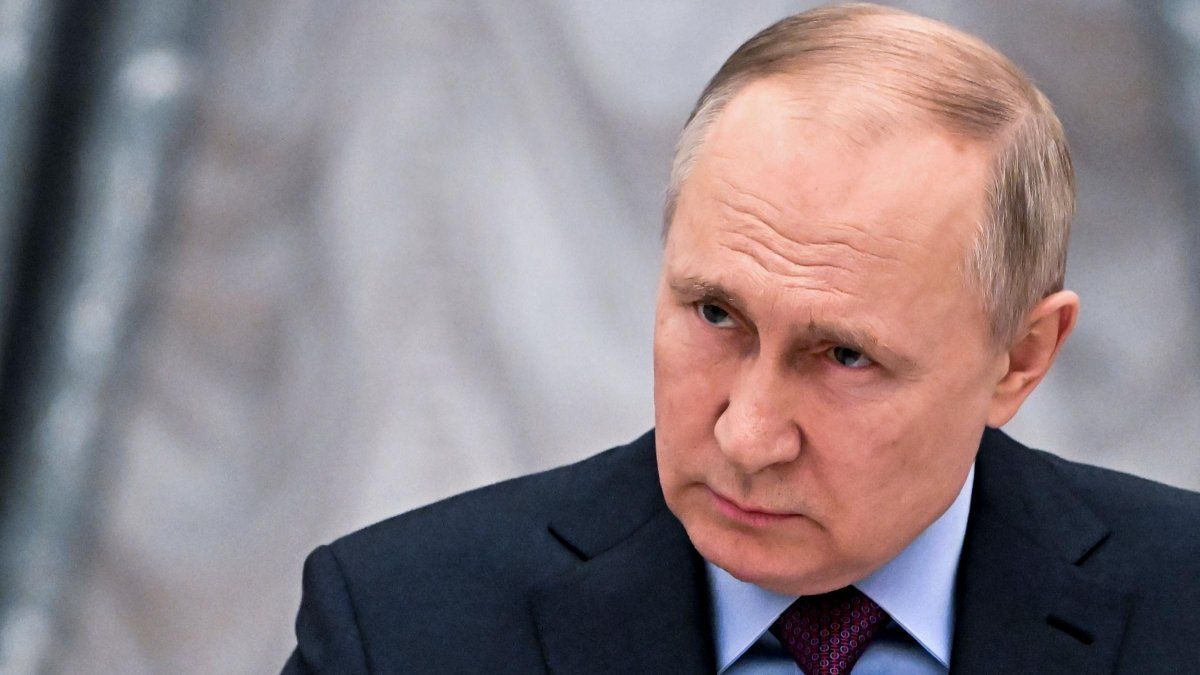The Russian authorities also resolved the momentary closure of the Moscow Stock Exchange until at least March 6, and prohibited the sale of shares of local companies listed on the stock market.
In the same way, Issuers of Russian debt, whether sovereign or corporate, were also prohibited from paying interest to foreign investors. In fact, the Central Bank of Russia explained that the issuers can decide to pay the coupons, but the depositories of the securities will not make the payment. In that sense, the world’s two main clearinghouses, Euroclear and Clearstream, are no longer dealing with Russian debt.
A) Yes Russia may go into technical default (cessation of payments) since foreign investors have 26,000 million in public debt denominated in rubles, called OFZ, and tomorrow is the coupon payment date.
The Moscow Stock Exchange has been closed since February 28, when it became known that the European Union, the United States, Canada and other countries would exclude some Russian banks from the SWIFT international interbank communication system. In this way, Russia seeks to avoid a collapse greater than the one it suffered when it announced the offensive against Ukraine. On that occasion, the stock market sank 45% and the main values fell more than 58%.
Western sanctions may end up turning Russia into a “financial pariah” that will have to deal with much higher financing costs, financial instability, inflation, short-term recession and lackluster long-term growth. The coordination between the countries to issue the sanctions will harm the Russian economy in the long term despite the large number of reserves it has.
The country is rapidly becoming isolated economically and socially from the Western world. Many companies decided to end previous partnerships with Russian companies, including oil giants BP, Shell and Norway’s Equinor. It is revealing, at this point, that the homonymous company of the Nord Stream 2 gas pipeline, registered in Switzerland and owned by the giant Gazprom, declared bankruptcy. In the short term, the cut in GDP can be painful, but in the long term, the blow can leave Russia closer to an underdeveloped country than to being part of the richest nations in the world.
Source: Ambito
David William is a talented author who has made a name for himself in the world of writing. He is a professional author who writes on a wide range of topics, from general interest to opinion news. David is currently working as a writer at 24 hours worlds where he brings his unique perspective and in-depth research to his articles, making them both informative and engaging.




